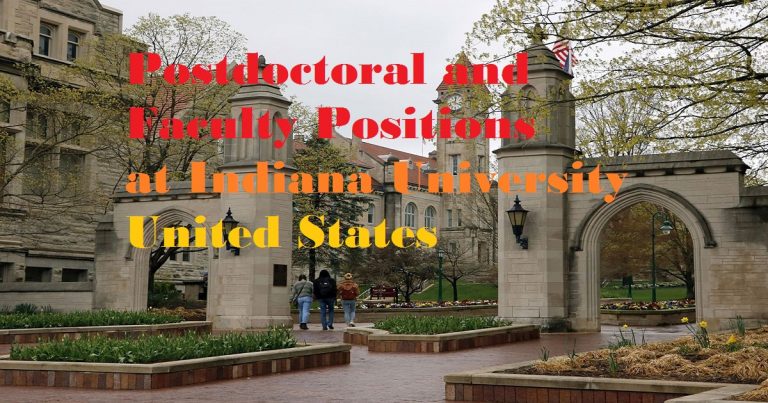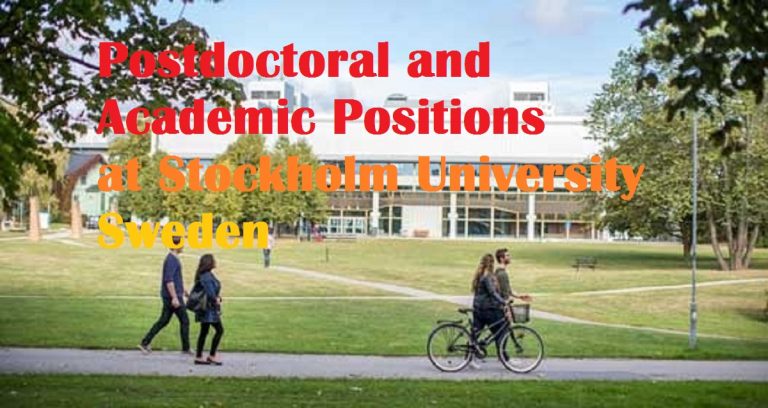
A permanent position as Lab Engineer (Senior Engineer SKO 1181) is available at the Department of Linguistics and Scandinavian Studies, University of Oslo.
The lab engineer will work in the Socio-Cognitive Laboratory, established by the Center for Multilingualism in Society Across the Lifespan (MultiLing), a center of excellence funded by the Research Council of Norway. The Socio-Cognitive Laboratory has an advanced audio-visual system, two eye-trackers (SMI 250 RED, EyeLink 1000+), an EEG system (Brain Products), and other IT equipment and software. The appointed lab engineer will join a vibrant team of researchers, post-docs, PhD and MA students, conducting research in different areas of linguistics, for example, psycholinguistics, sociolinguistics and experimental phonology, while working more closely with the lab manager and several research assistants.
Work tasks
- Responsibility for the daily operation of the Socio-Cognitive Laboratory
- Support for researchers at all phases of experimental research in the lab (for example setting up, piloting, and troubleshooting experiments; coding scripts for data collection, data processing, and statistical analysis)
- Procurement, installation, support, and maintenance of equipment in the lab
- Development and implementation of optimal operating procedures for the lab equipment (for example EEG, eye-tracking)
- Training of researchers and students
Qualification requirements
- Master’s degree or submitted MA-thesis in a relevant field. The applicant should explain how the degree is relevant for the post. Relevant experience may compensate for the lack of formal education.
- Coding experience (for example PsychoPy, Python, R, Matlab) required to build experiments and to process different types of data (for example eye-tracking, EEG, behavioral data)
- Experience and interest in quantitative research and experimental methods
- Fluency in oral and written English
In addition, desirable qualifications include:
- Experience with data processing, visualization and statistical analysis (for example mixed-effect modelling)
- Experience with solving technical challenges
- Experience with collecting EEG and/or eye-tracking data and its analysis (for example time-course analysis, cluster-permutation analysis, etc.)
- Experience with processing of sound and video recordings
- Familiarity with relevant software (for example Presentation, Brainvision Analyzer, SR Experiment Builder, ELAN, Praat)
- Experience with experimental methods in linguistics and/or psychology
- Knowledge of Norwegian or another Scandinavian language
Personal skills
- Excellent collaboration and communication skills, including the ability to “translate” technical terms and expressions to an understandable language for researchers and students
- Proactive attitude towards acquiring new skills and knowledge, necessary to support state-of-the-art research at the Department
- Service-minded, solution-oriented, and flexible attitude
We offer
- Salary NOK 543 500 – 650 300 per annum depending on qualifications in a position as Senior Engineer, position code 1181
- A professionally stimulating and friendly working environment
- Membership in the Norwegian Public Service Pension Fund
- Attractive welfare benefits
How to apply
The application must include:
- Application letter describing the applicant’s qualifications and motivation for the position
- CV (summarizing education, positions, relevant experiences/skills, and research background)
- Copies of educational certificates (academic transcripts only)
The application with attachments must be submitted in our electronic recruiting system. Please note that all documents should be in English or a Scandinavian language.
Interviews with the best qualified candidates will be arranged.
Formal regulations
According to the Norwegian Freedom of Information Act (Offentleglova) information about the applicant may be included in the public applicant list, also in cases where the applicant has requested non-disclosure.
The University of Oslo has an Acquisition of Rights Agreement for the purpose of securing rights to intellectual property created by its employees, including research results.
Inclusion and diversity are a strength. The University of Oslo has a personnel policy objective of achieving a balanced gender composition.Furthermore, we want employees with diverse professional expertise, life experience and perspectives.
The IT-support organization at The University of Oslo and at The Faculty of Humanities is currently in the process of reorganizing. The Lab Engineer position could therefore get another organizational affiliation in the future.
Contact information
For questions about the position: Center Director Unn Røyneland
For questions about the Socio-Cognitive Laboratory: Lab manager Franziska Köder
For questions on how to apply: HR-Adviser Julie Bårdsen Tøllefsen
About the University of Oslo
The University of Oslo is Norway’s oldest and highest ranked educational and research institution, with 28 000 students and 7000 employees. With its broad range of academic disciplines and internationally recognised research communities, UiO is an important contributor to society.
Center for Multilingualism in Society across the Lifespan (MultiLing) is a Center of Excellence (CoE) under the Department of Linguistics and Scandinavian Studies at the Faculty of Humanities, financed through the Research Council of Norway’s CoE scheme. The center also has status as one of five world-leading research communities at the University of Oslo, and has a socio-cognitive laboratory. MultiLing’s vision is to contribute to the knowledge on multilingualism across the lifespan for the individual and for the society. Through this the center aims to shed light on the opportunities and challenges represented by multilingualism for the individual in the family, school, other institutions, and in the society as a whole. The staff consists of 40 employees from 15 different countries. Moreover, MultiLing has an extensive network of national and international collaborative partners working on multilingualism at various research institutions.
Apply for this job



